Tips on Becoming a Better Interviewee
By Lyan Ware contributor
Despite being an amazing candidate on paper, a person can easily blow an interview by not being an effective communicator, while others who are perhaps less qualified can dazzle prospective employers by mere projection of credibility. To have both quantifiable and indeterminate qualifications is to be an indispensable asset to any organization.

In this blog, we will discuss a few helpful tips on how to improve the way in which you are being perceived by others; how you can project credibility while simultaneously improving your ability to communicate.

Record three to five minutes of yourself speaking and then play it back to yourself. To ensure that you get the most accurate baseline, do not have anything prepared beforehand. Speak candidly about a topic and improvise. Do you like the way you sound? Do you like the way you look when you’re speaking? This is your baseline to track what you specifically need to work on to become a better interviewee and an overall better communicator.

Too many filler words? Filler words and false starts in speech diminish a person’s credibility in the eyes of others. You sound uncertain, and while uncertainty itself is not a fault, people are far more responsive to the appearance of confidence. You can use your baseline recording to transcribe what you said and count how many filler words you used. Take that recording and continue to use it as a reference to check your progress.

Practice pausing instead of filling the space with ‘uh’s and ‘um’s. In fact, when you slow it down and pause to think about what you’re saying, you not only build credibility for yourself by projecting confidence, you’re also establishing authority by building anticipation for the listener. These pauses also enable the conversation to become more meaningful, instead of being bloated with platitudes or empty small talk in an attempt to avoid the possibility of awkwardness. It’s better to take your time to calculate your response, or to process what you heard from the other. Just because someone speaks fast, or does a majority of the speaking, does not necessarily mean that they have more to say. More often than not, they may not be saying much of anything at all.

Carefully consider the words you choose when you do speak. Effective communication is all about clarity. Projecting intelligence and credibility is not about a fancy word economy, it’s about your ability to deliver your intended message. Be relevant and be concise. Often people make the mistake of repeating themselves, re-explaining in order to drive their point because they’re unsure of the audience’s reception. This can backfire by encouraging your audience to disengage from listening to you. So, keep things short and sweet. This will ensure that your words are counting for something, which lends to your overall credibility.

Being a very good listener is fundamental to becoming a better communicator. In getting caught up with interview preparation and practicing, you might easily get consumed with waiting for your turn to speak what you rehearsed, forgetting to be fully tuned in to your conversation partner. Not remembering to be an active listener can create miscommunication, causing the other to perceive you as being rude.

This isn’t to say that lots of practice is discouraged, quite the opposite. You should practice often in order to improve your projected image but remember that what you’re practicing are responses to what the other persons asks/says. Be an engaged audience member for them.

Do lots of research on the questions that might be asked in your job interview. They will likely ask some specific technical questions, so be prepared to answer these. There are numerous resources online with most commonly asked interview questions for the job roles you’re pursuing, so brush up on your knowledge and practice answering these in the most concise way possible. Don’t use 10 words when 3 words answers the question. Brevity and simplicity, when it comes to explanation, projects confidence—assures an audience that you really know your stuff.

If there’s something that you don’t know, that’s perfectly okay. Accept your weaknesses with grace and a bit of humility as opposed to being defensive, armed with excuses. Admit your lack of knowledge about something by talking about how eager you are to receive mentorship, continued education, and training on the subject.

Remember that knowing what to say and how to say it is just like any other skill: it requires practice, it requires making mistakes. In preparation for an interview, try finding a partner to practice with. Encourage them to give you very honest feedback and be prepared to hear criticism. Another important part of being a good communicator is knowing how to handle rejection and criticism. In life, noes are inevitable and frequent, so they should be expected and taken in stride.

Hopefully, you found some of these tips helpful in preparing for your next interview. Be sure to check out some of our other blogs for more tips on other aspects of job searching.
How to Prepare for IT and Cybersecurity Job Interviews
Interview with Intellectual Point Alumni Jackson Dollar
Behavioral Interview Using the Star Method

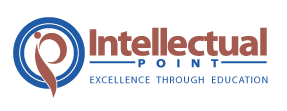













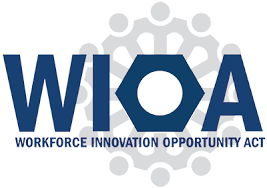



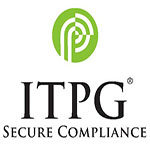





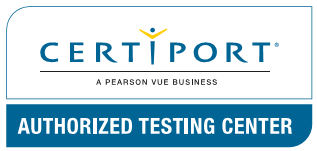



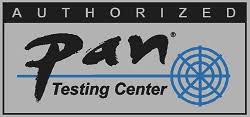
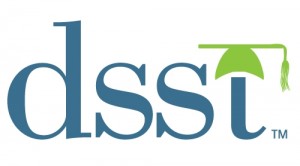
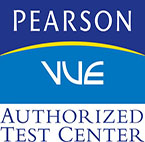
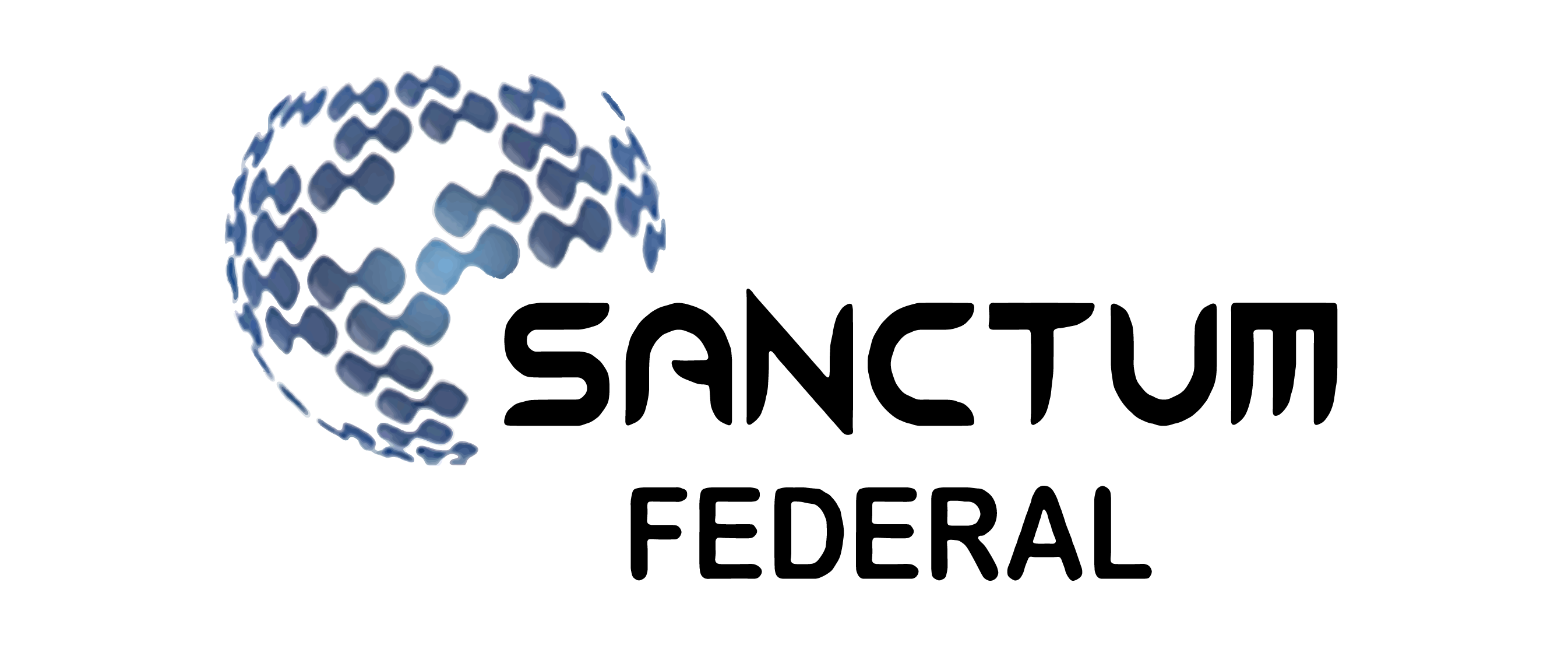

Leave a Reply
You must be logged in to post a comment.